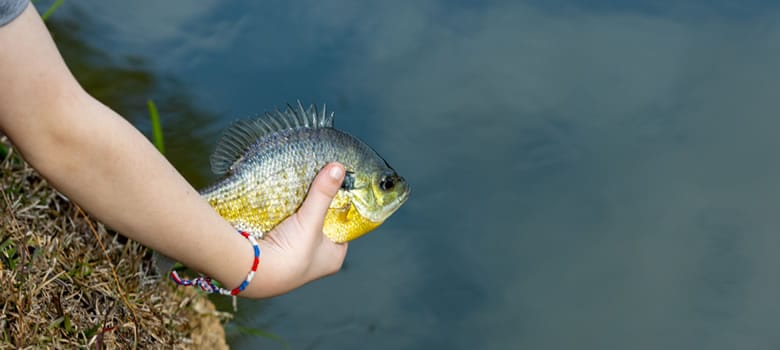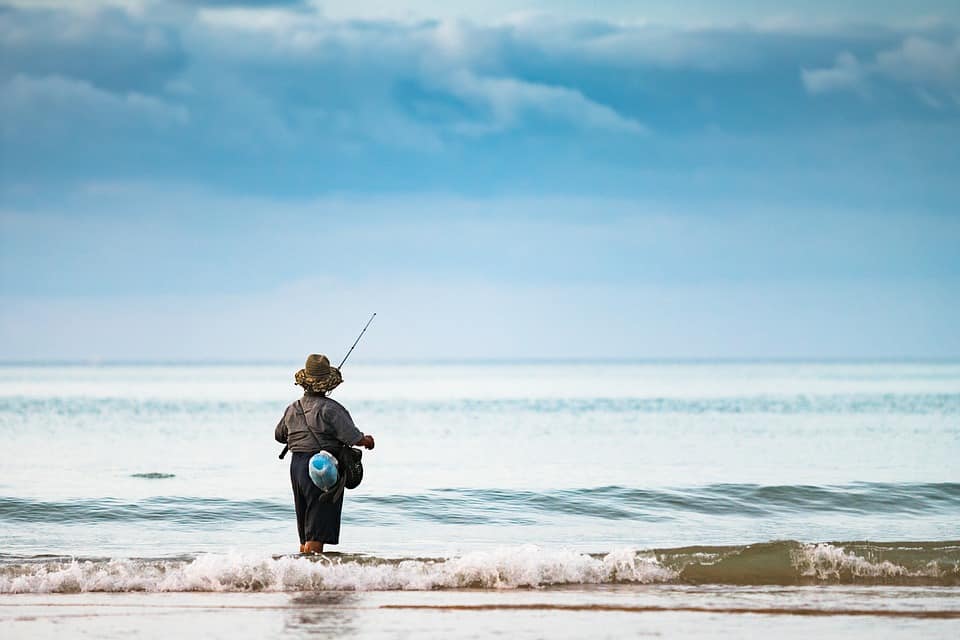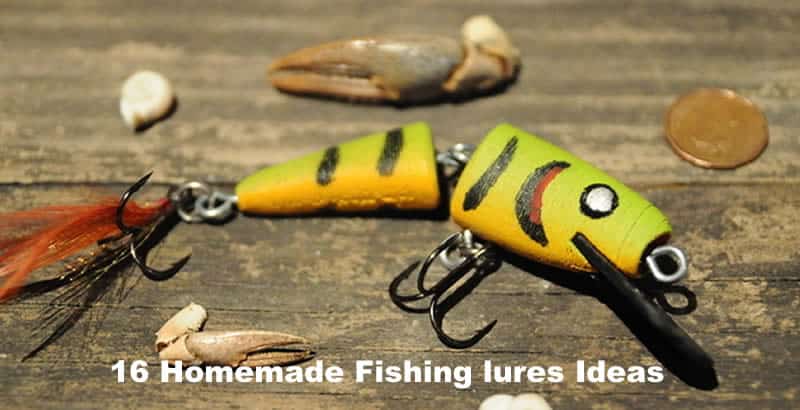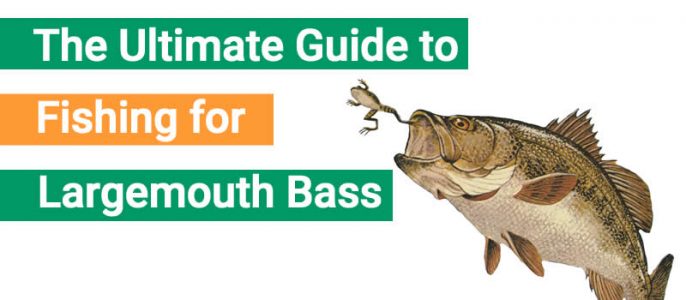If you buy via a link on this page, we may receive a commission, at no extra cost to you.Learn more
Bluegill is small fish that you can either catch and release, keep, or use as bait for larger game fish. Anglers widely use them to target bass and other similar predatory freshwater species. But, you might wonder. Can you use bluegill for bait in saltwater?
In theory, you can. But it isn’t the most effective bait given the environment. Plus, bluegill won’t survive long in saltwater, as it is not their natural habitat. As a result, you might as well use them as dead bait.
But if you have a handful of bluegill, we will show you how to use it effectively as saltwater bait.
Does Bluegill Survive in Saltwater?
While some freshwater fish are able, the bluegill is not one of them. In fact, most freshwater fish will perish in saltwater. The reason is that the dissolved salt will displace the water inside the cells. As a result, the fish will die out of dehydration.

How long bluegill survives in saltwater depends on the salt concentration and water temperature. For example, they will endure longer in cool and poorly concentrated water. Nevertheless, it will die, provided they don’t get eaten first.
Can You Use Bluegill as Cut Bait in Saltwater?
Yes, you can cut your bluegill and use it as bait in saltwater. You can use only half, the tail, or the head.
Typically bluegill attracts larger predatory fish with a big enough mouth to engulf it. Consequently, you should use small hooks. This way, you will increase your chances of getting a bite. Plus, you will make the most out of each bluegill you bring.
The bait will look too small if you use a larger hook. Plus, no saltwater gamefish will pay attention to such a small meal. As a result, you will be narrowing your possibilities.
Can You Use Live Bluegill as Bait in Saltwater?
As we said before, bluegill will eventually die in saltwater. They might survive for a couple of hours if you hook them properly. In other words, you should avoid piercing the fish near the heart or belly.
Nevertheless, they will eventually die. That’s why we recommend cutting the bait. This way, the scent will spread quickly, attracting more fish.
Bluegill is especially productive if you are targeting striped bass. You see, these fishes migrate between fresh and saltwater during the spawning season. Consequently, they will be looking to grab a bite in the process. Using a familiar forage fish such as bluegill will increase your chances of hooking a striped bass for sure.
Is it Legal to Use Bluegill as Bait in Saltwater?
Fishing regulations change from country to country. In some cases, like the US, it changes from state to state or from one body of water to the next. That’s why we suggest checking the local fishing regulations and see if there is any ban against using live or certain fishes as bait. For instance, you can use bluegill as bait in Florida, provided you are the one who caught the fish.
Nevertheless, there shouldn’t be a problem since you will be using bluegill in saltwater. Not in a lake or river. It doesn’t hurt to check either way.
How Big Are Bluegill?
Bluegill is commonly 7.5 inches in length and weighs around 4 pounds. The largest bluegill caught in the United States was 16 inches in length. That’s why many people use them as bait for large game fish such as bass and catfish.
On the other hand, a decent-sized bluegill will be a great prize for any saltwater predator.
How to Catch Bluegill?
Catching bluegill is a sport on its own. But the same principles apply. You must learn the fish’s behavior. For example, bluegill swims to the shallows during the spawning season (Spring and early Summer). This is the best time to catch them, as they are actively feeding.
Insects and worms are hands down, the best bait that you can use to catch bluegill. The reason for this is that bluegill has small mouths. As a result, they won’t be able to eat larger baits.
One thing to check is the number of bluegills you can catch. Some states regulate the number of specimens you can take from a certain lake or river. As a result, it might not be the best choice for a long saltwater fishing trip.
Using Bluegill as Bait in Saltwater: Does it Work?
Bluegill are freshwater fish. They are not equipped to deal with saltwater. As a result, the salt will displace the water trapped in the cells until the fish dies because of dehydration. In other words, bluegill won’t survive too long in these conditions.
On the other hand, anglers have been using bluegill as bait to target larger freshwater gamefish. That’s why many people wonder if they can use bluegill as bait in saltwater. And the answer is yes, you can.
It might not be the most productive of all baits, but it is better than nothing. We recommend cutting the fish to increase the scent inside the water.
But before using bluegill in saltwater, we recommend checking the local regulations and checking whether you can use them as bait. This way, you will avoid getting fined.




